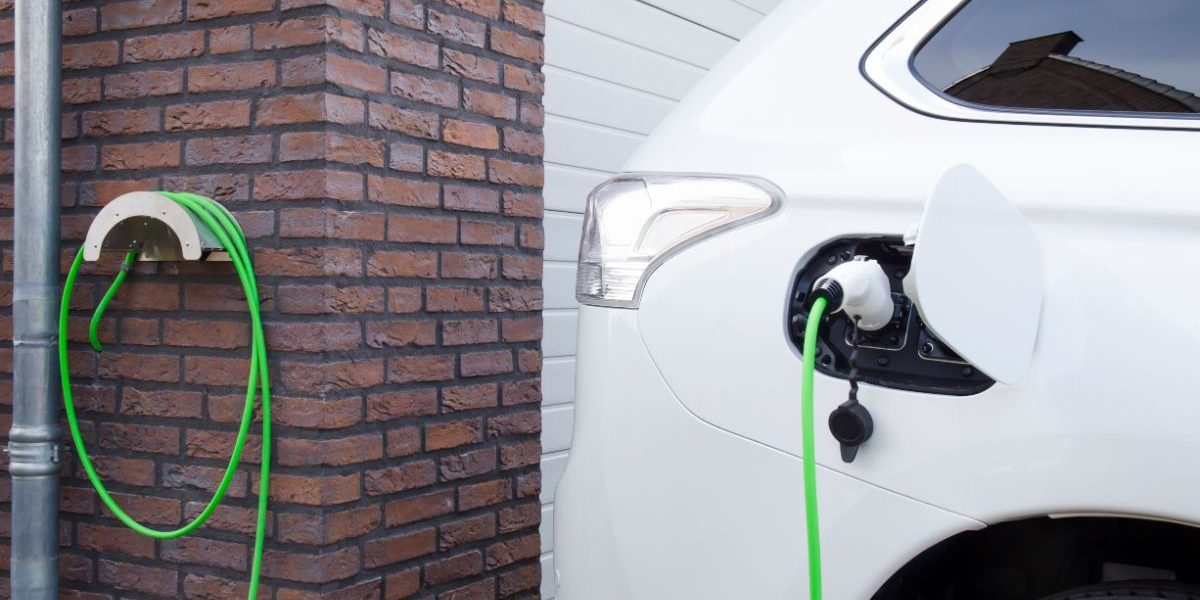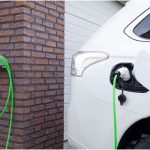The era of sustainable transport is here. Electric vehicles (EVs) offer many advantages over traditional petrol models. They have lower running and maintenance costs, and recharging is much quicker and easier than filling up with petrol. If you want to hit the road and switch to an EV, you will also need to know how to charge your car at home.
What are the different types of electric car chargers?
First of all, it’s important to know that electric cars usually come with their own DC charger, which most often works with common household sockets. Electric cars can also be charged with alternating current (AC) car chargers. AC car chargers are sometimes installed in garages or residential parking areas to allow faster charging.
The final type of electric car charger to be aware of is the fast charger. These chargers, which often use some sort of J1772 plug to connect the car to the power source, can provide higher levels of current and provide your car with fast and reliable charging power.
Each type of electric car charger has its own benefits and features, which is why it’s important to be aware of the different options before choosing the charger that best suits your needs. In the end, the right charger for your car depends on your individual needs.
What equipment is needed to charge an electric car?
At home, a standard wall socket is sufficient to charge an electric car, but it is advisable to install a home charging station. These are faster and offer a wider range of connectivity, accessories and security, all close to home sockets.
When travelling, it is possible to connect to wall sockets at charging points or via 3 or 4 wire public charging cables. Higher-end vehicles sometimes offer a fast connection compatible with public charging points, but this type of installation is generally more expensive.
For EV charging at home without a driveway, it is important to know the specifics of your car. The equipment to consider is the standard wall socket, the charging point and the public charging cables.
How long does it take to charge an electric car?
The time needed for charging depends mainly on the type of charger and the capacity of the battery. With a standard 6A current charger, a fully discharged battery can be fully recharged in 8 to 10 hours. However, if you opt for a 50A fast charger, the charge will take between 1 and 2 hours.
Note, however, that if you want to charge a fully discharged battery from an external charging station, it can also take much longer. Furthermore, the charging time also varies depending on the battery technology and the type of electric vehicle.
For safety reasons, it is important that all necessary precautions are taken before charging. If in doubt, it is recommended that you contact the supplier of the charging station or the car dealer for detailed advice and instructions on charging and the correct use of this type of vehicle.
Conclusion on charging your electric car at home
In conclusion, electric cars are becoming increasingly common, so it is important to know what equipment is needed to charge them at home. To do this, you will need a charging point, an electrical socket and a charging cable suitable for your electric car. As with any other addition to your home, it is important to ensure that the equipment is installed correctly and involves careful planning. In addition, it is recommended that you consult a professional to install the equipment correctly, ensure safety and maximise energy savings. Finally, don’t forget that manufacturers or dealers can also provide useful information on which equipment to buy and which installation is best suited to your electric car.










